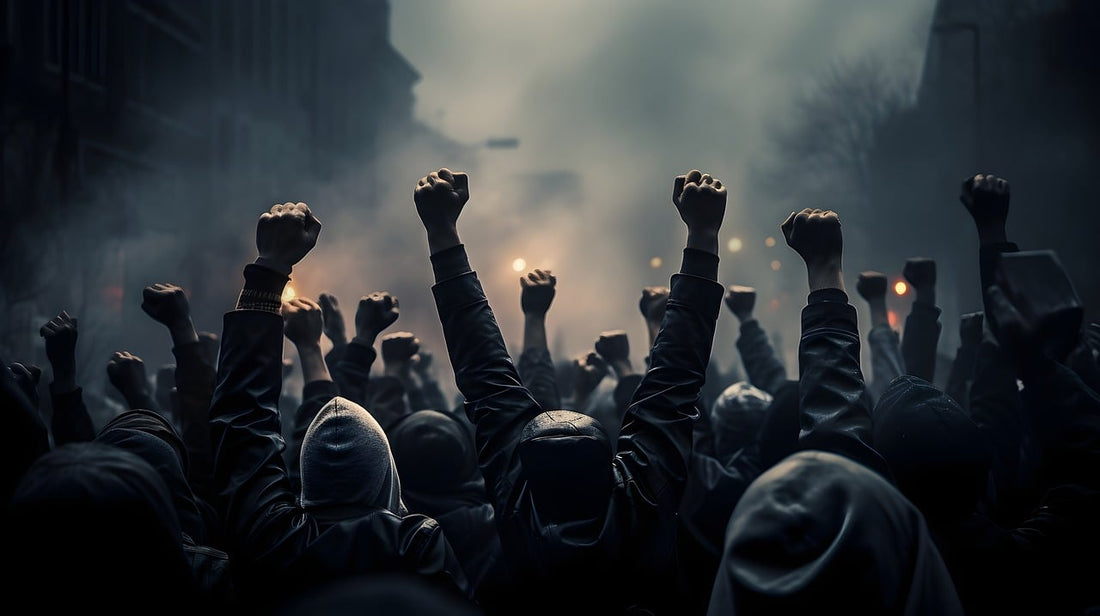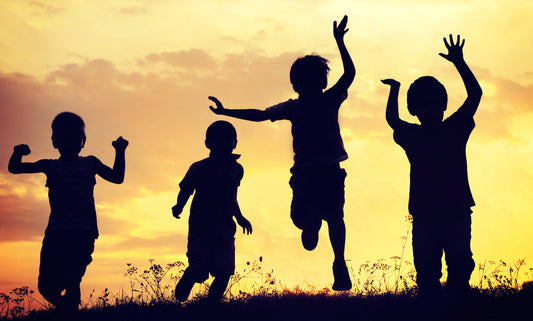Riots are often a complex and emotional response to a variety of social, political, and economic factors. While they can be destructive and chaotic, it's important to understand the underlying reasons behind why people riot.
What drives people to riot?
One of the main reasons people riot is a sense of injustice. When individuals feel marginalised, oppressed, or discriminated against, they may turn to rioting as a way to express their anger and frustration. This can be fuelled by systemic racism, economic inequality, or political corruption.
Is it a cry for help?
Rioting can also be seen as a cry for help. When people feel like their voices are not being heard through traditional channels, they may resort to more extreme measures to draw attention to their grievances. In some cases, rioting is a last resort for those who feel powerless and marginalised.
Can it be a form of protest?
While rioting is often associated with violence and destruction, it can also be a form of protest. When peaceful demonstrations fail to bring about change, some individuals may feel compelled to take more drastic action to make their voices heard. Rioting can be a way to disrupt the status quo and demand justice.
What role does social media play?
Social media has played a significant role in the spread and organisation of riots. Platforms like X (aka Twitter) and Facebook can be used to mobilise large groups of people quickly and efficiently. This can lead to the rapid escalation of tensions and the spread of misinformation, fuelling the flames of unrest.
Overall, it's important to recognise that rioting is a complex and multifaceted phenomenon. While it may be easy to dismiss it as senseless violence, taking the time to understand the underlying reasons behind why people riot can help us address the root causes of social unrest and work towards a more just and equitable society.





